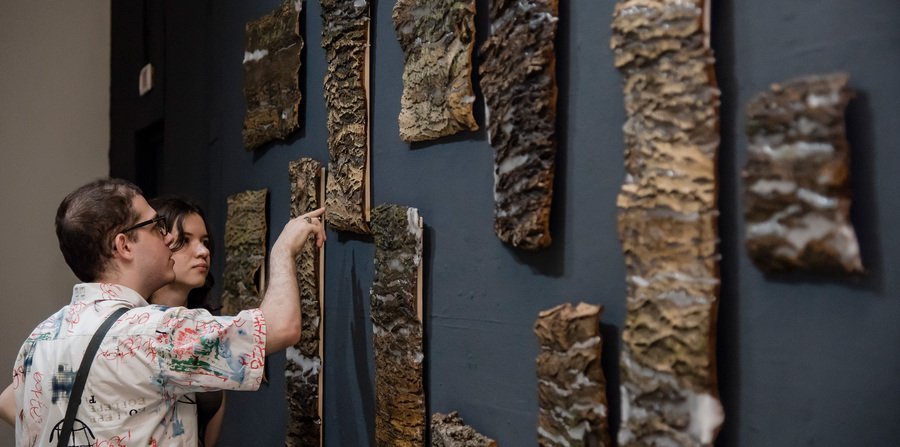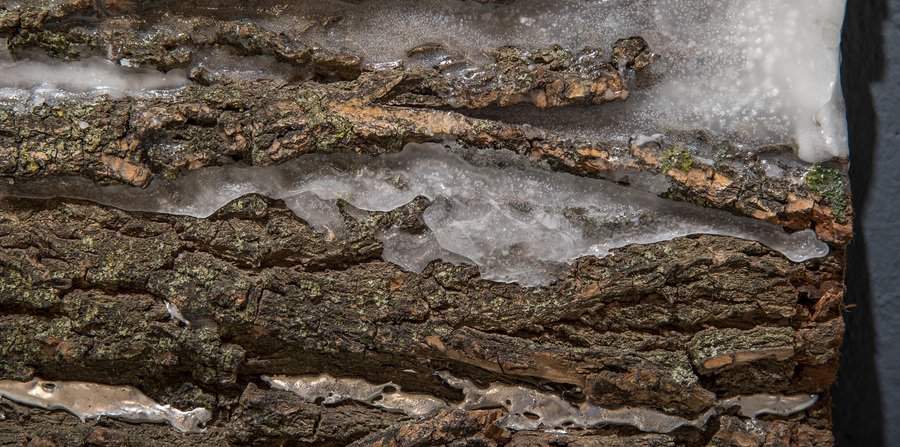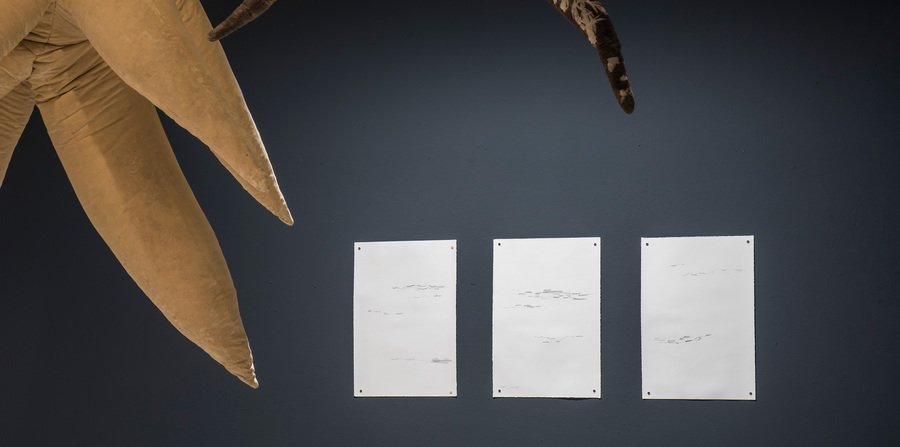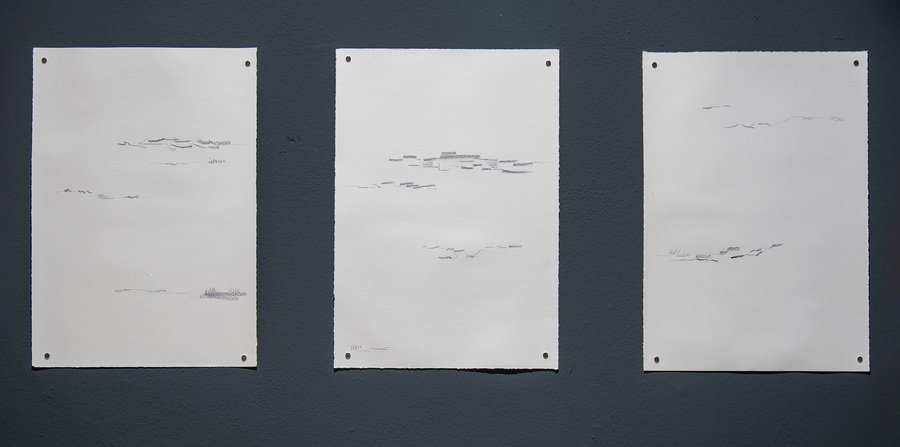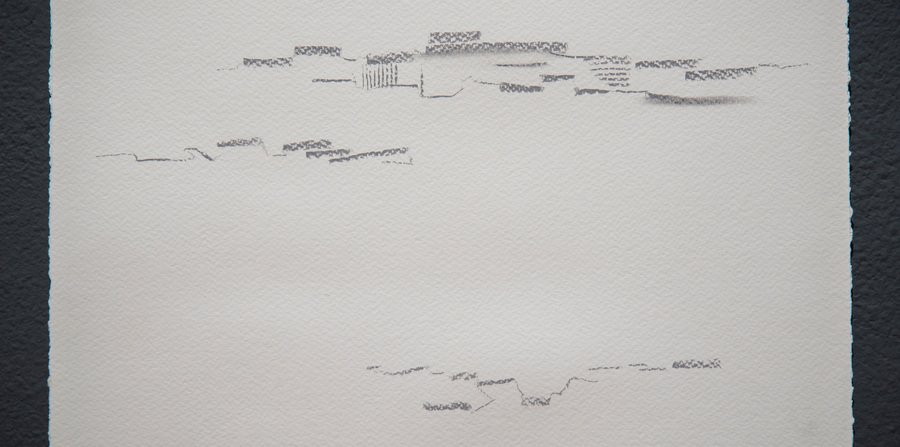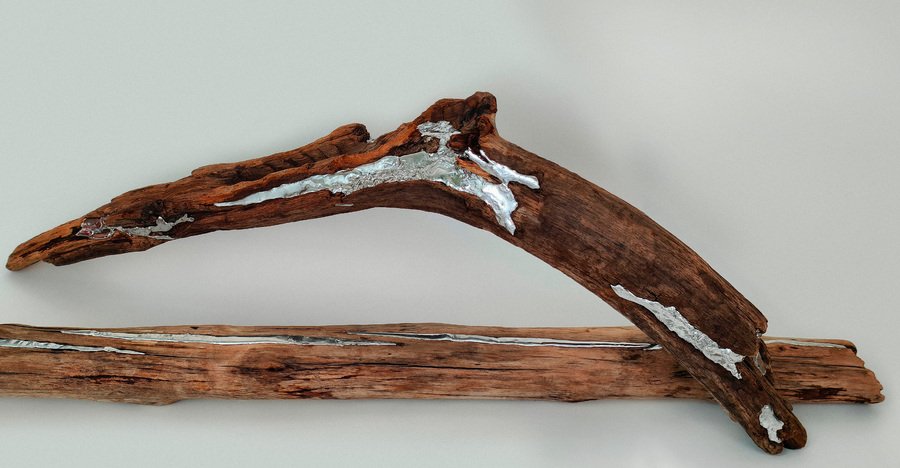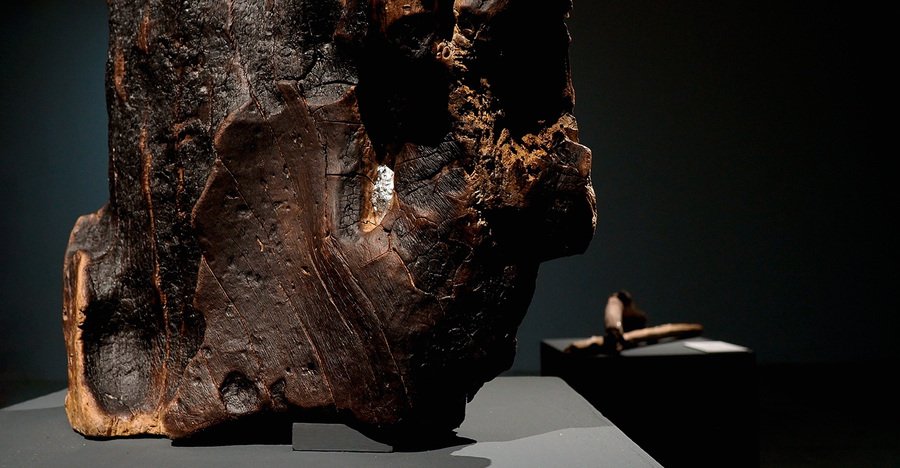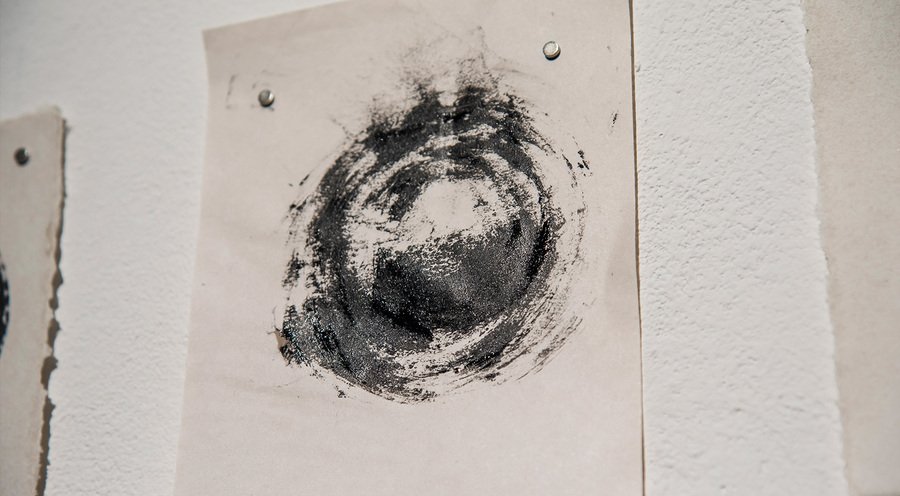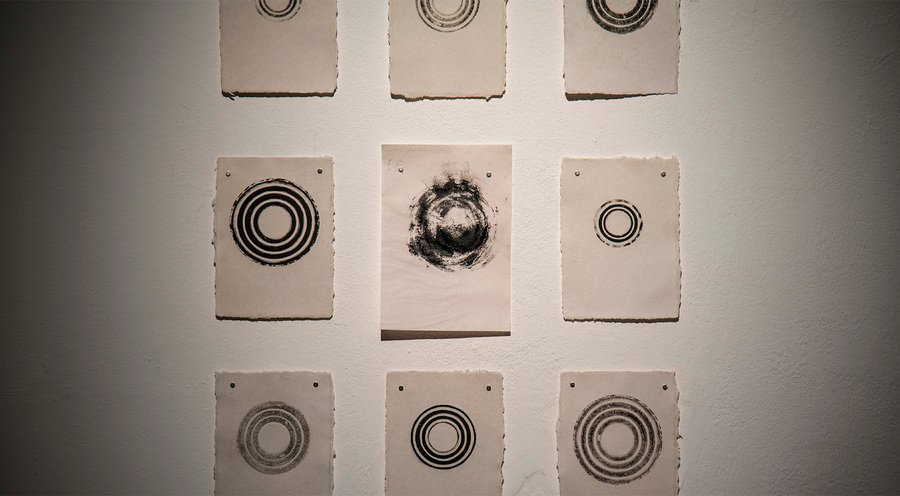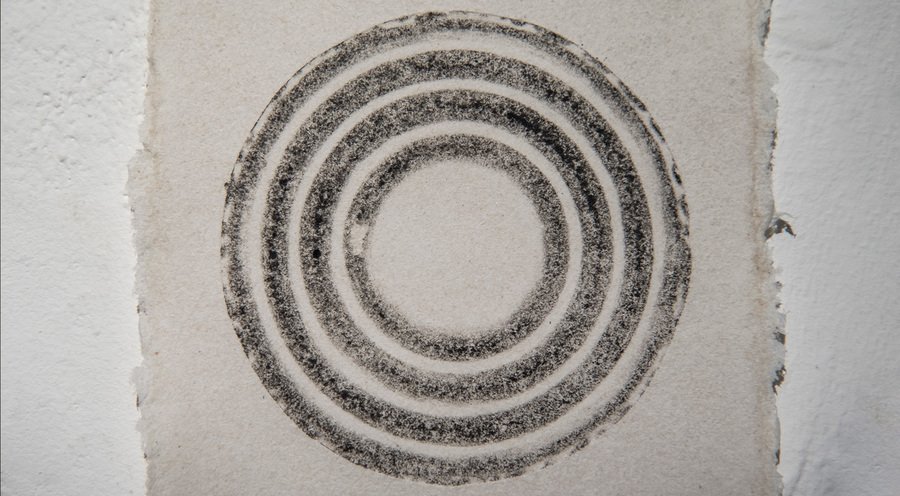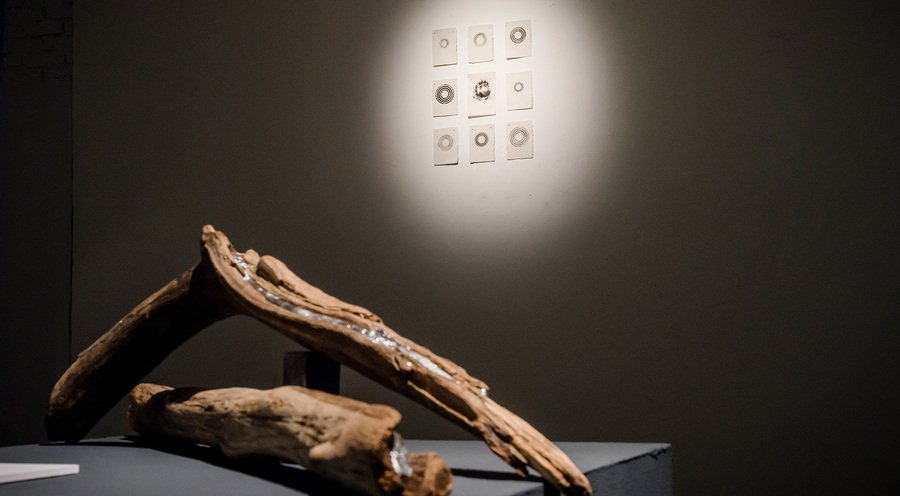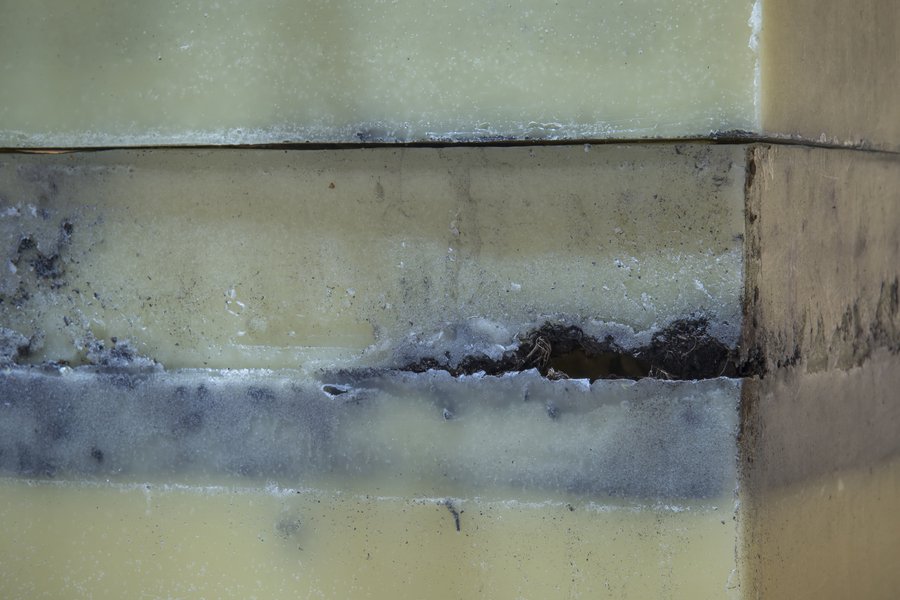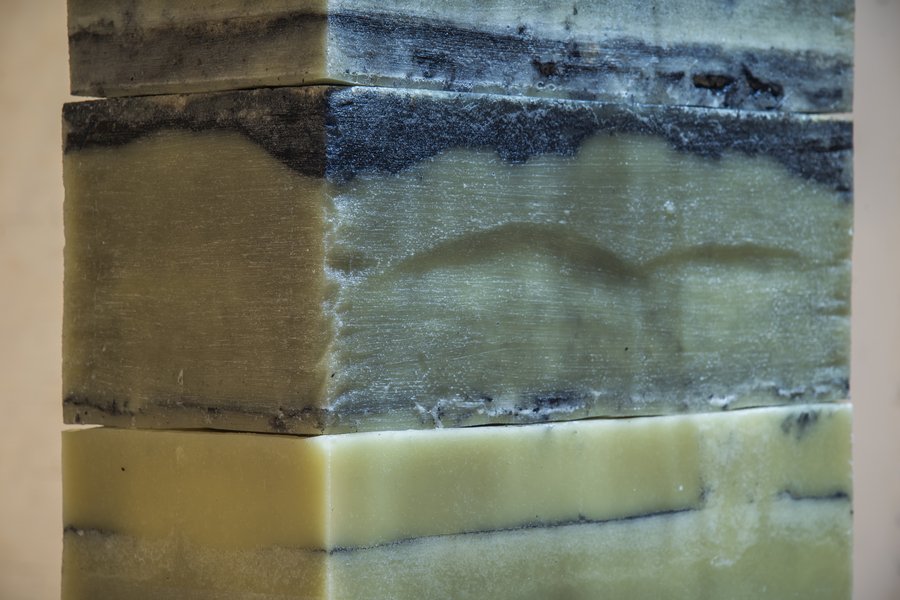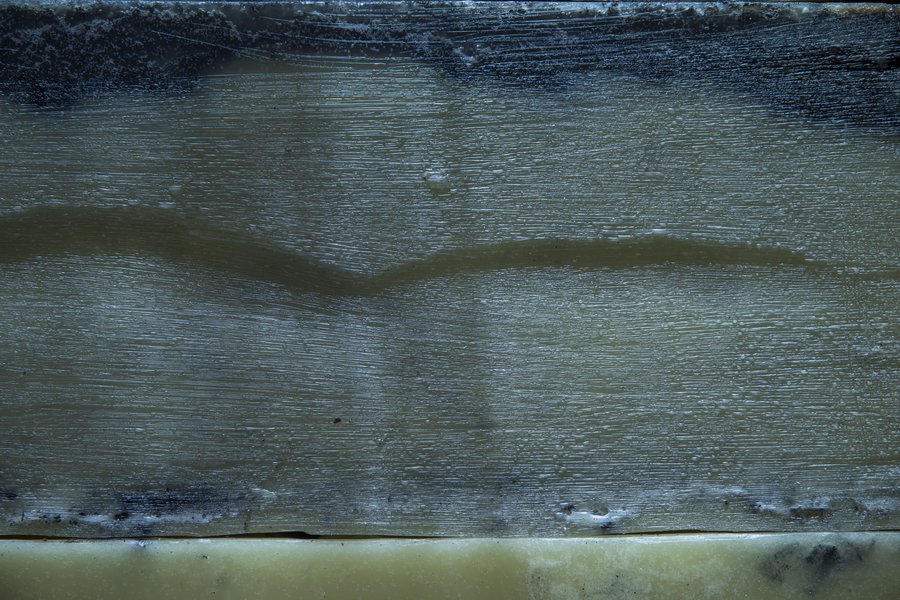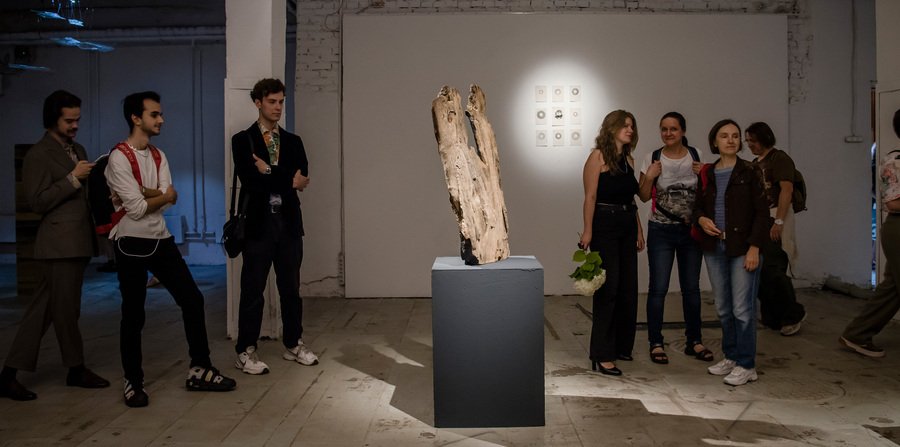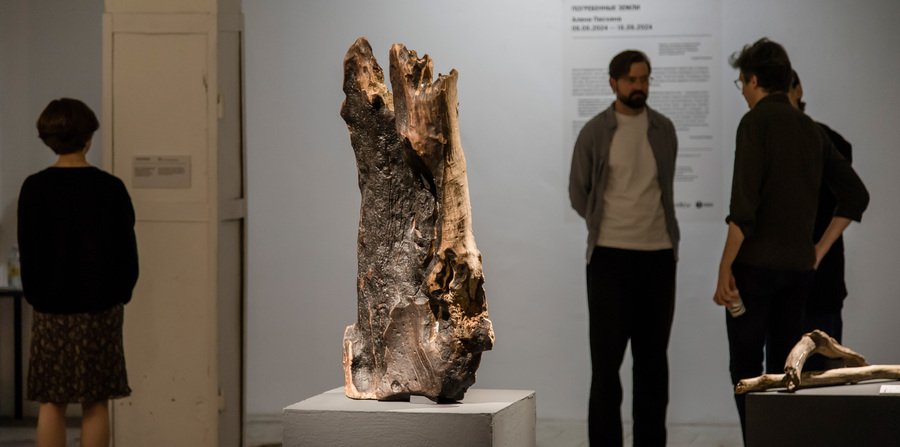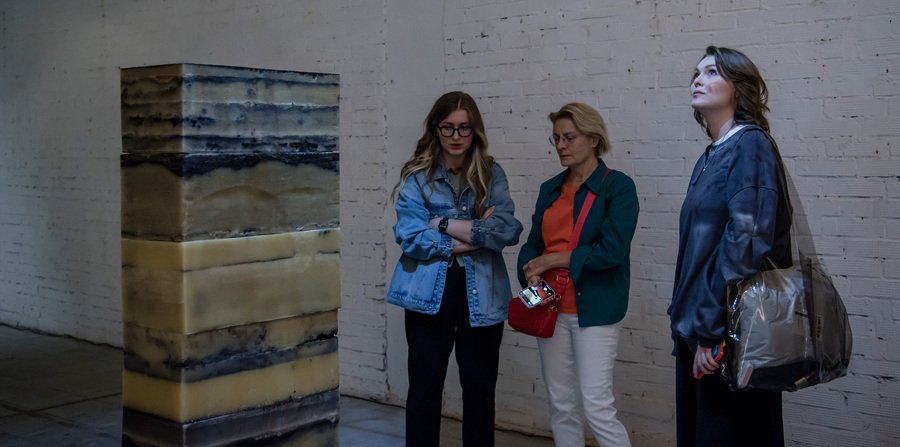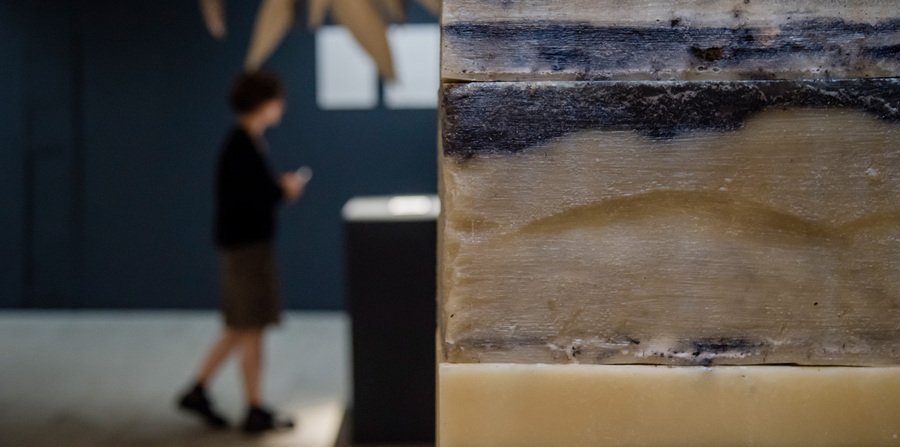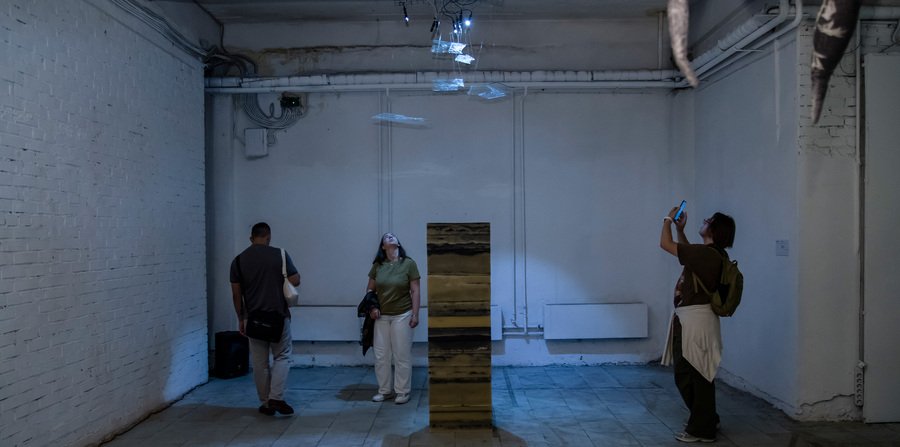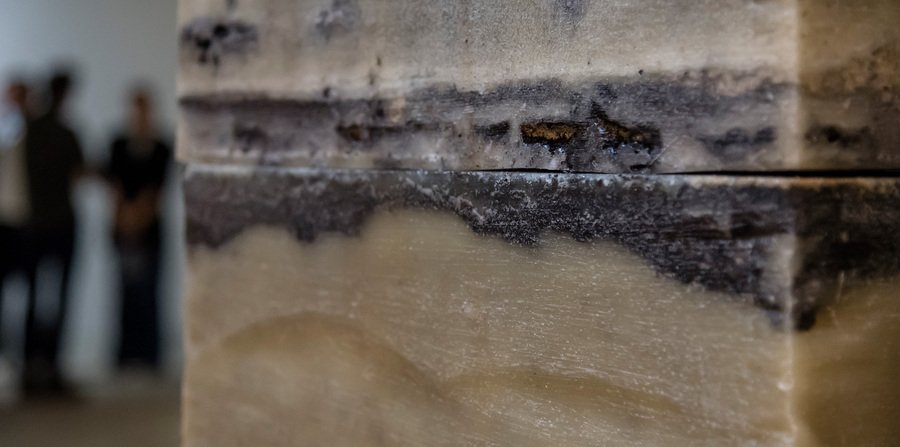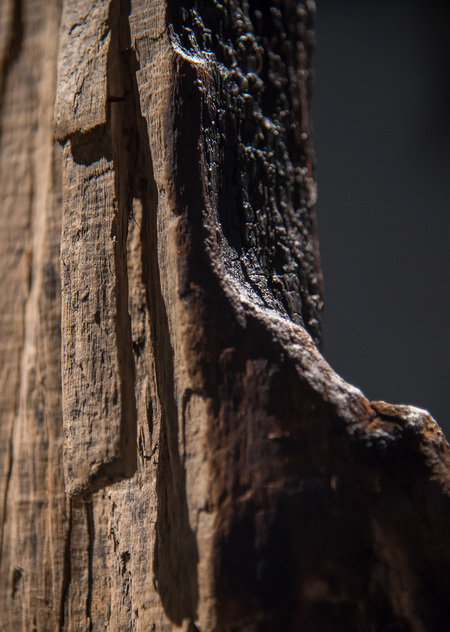
«Deadlands» exhibition
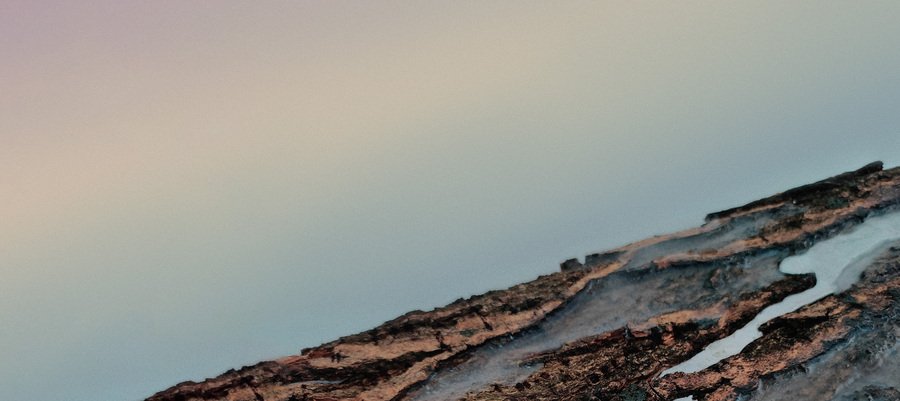
09.08 — 18.09.2024 CTI Fabrica, Arthouse Hall Personal exhibition by Alain Easterina curator: Alexander Pisarev
The ideals of the 'nbsp' that my dad sought me today seem funny why the ideals of the man who came up with this stupid name for me (Andrey Rodions)
Donna Haraway once identified a man as a compost or a humus: he’s a hundredth of stories and things of this world, and will be processed by them. But how’s it built? What’s its starting point? What do we remember in 'nbsp'? We’re at least in our culture. We’re at least in our culture. And our society is more like the buried land.
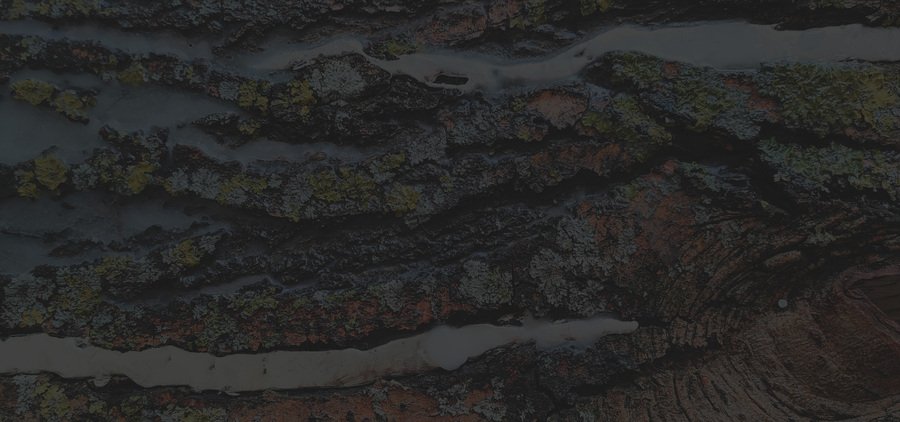
The buried earth is a concept of soil science. It is the surface of the earth, suddenly covered by new layers of soil as a result of geological or climatic disasters. It quickly turns out to be deep. With this flora and fauna well preserved, the former surface becomes an archive of the past.
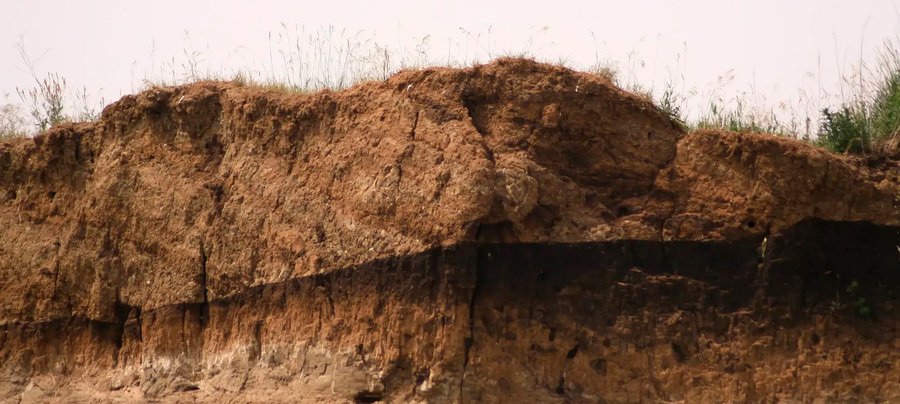
Buried blacks. The Tambov region. Photo by Dmitry Nightingale
We 'nbsp; born and 'nbsp; formed in 'nbsp; specific times, in 'nbsp; specific societies. Soon they’ll be going to the 'nbsp; non-existence, leaving us in the 'nbsp; alone. We’re — their prints in their physical and mental habits, perceptions, gender and things. Someone’s — a shard of the northern workers of the 1960s, someone’s — the Volgian intelligent 90s. We’re — buried lands of these worlds, keeping them tracks.
Later we’re going through a series of times and communities with them innovations and shifts, shocks and war conflicts. We’re — brilliants from they. The habits of survival from the 'nbsp; 90s, ideas from the 'nbsp; the Internet of the 00s, debates from the 'nbsp; 20s. There’s nothing in the human being that was out of time or universal. These times pass through us and the new, diverse layers are deposited in our bodies and in our bodies. The layer behind the layer. But the landscape forms still depend heavily on the buried land.
Buried lands in us — ghosts and marks of the former worlds of the first decades of life, desired or cursed. Our origins. In we live, through us is spoken by the gone, far away, and close, and every — encyclopedia of the temporal segments of society. They’re — not past, a real. The excavation of these horizons — the task of personal and the cumulative temporal archaeology if we want to know where we are.
Facilities and exhibits
«History» of the caviar of the Iva, tin, lead, paraffin
It was written black, and then it was re-edged (or, re-, re-, re-, re-…) — was crossed out by and, like a stain, it was cut down; it was — how to suffer, for brsp; — how convulsed, and then re-written, clean and how unprised. It was written in black, where more than pure meant. Blackjack — it’s like knowing a random, unopened word on «neo& raquao; when suddenly the extraordinary: day, day, day, life, Neo-world, Neo-we… (Semen Kirsanov)
«History» of the caviar of the Iva, tin, lead, paraffin
«History» paper, pastor.
Time comrades, fin, tin, lead
Time comrades, we’re — time comrades, wrote Boris Groyce. We’re helping him go and we’re not gonna go anywhere. At ease or unwillingly giving his bodies and the soul for his tags and tracks. Time lies in [nbsp; children and] nbsp; folds. Each and each of us us — the document of the worlds passing and the question for temporal archaeology.
Time comrades, fin, tin, lead
It’s time — it’s coexistence of different times. There’s a lot of hiding in the same place. There is no commonality for all 1990s, or modern, or postmodern, like not there are also progeny X, millilenials, or zoomers. They all come together differently for different societies in dependence on place, historical circumstances, culture, and other factors. This diversity flies through time, not letting it gather into single stream.
«Wrecked» paper, sand, deep seal
«Turn» textiles, hummochromate printing, embroidery
Turn it around sometimes it’s better not to hold on to the root. The buried land grows in real. Sometimes they’re not directly guiding our thoughts and they’re acting. Their phantom roots — early learned installations, habits, and values, — are oblivious and invisiblely guide us in an attempt at that is to become our destiny.
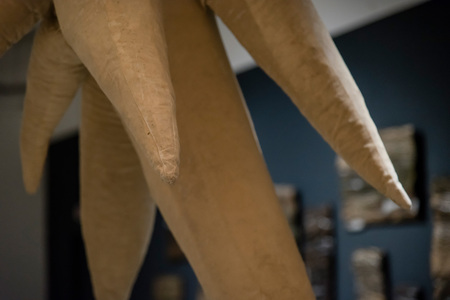
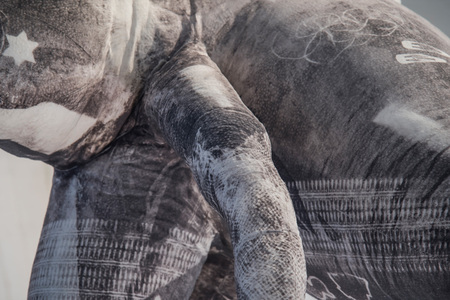
It’s gonna be a flowering chord through the light of funny curtains through the smoke of funny cigarettes. We’ll laugh like kids. Why not?
«Takor blooming» glass, engraving
«Floating» glass, engraving
When time sings, you listen and scream, you have no hearing, no time, but it’s beautiful, baby. (Andrey Rodions)
«Silence» paraffin, earth
Opening
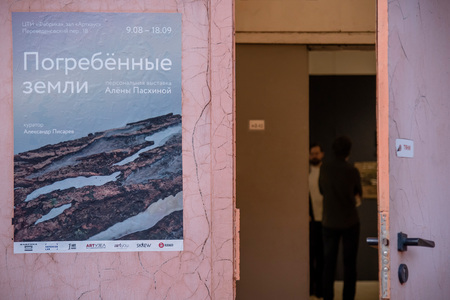
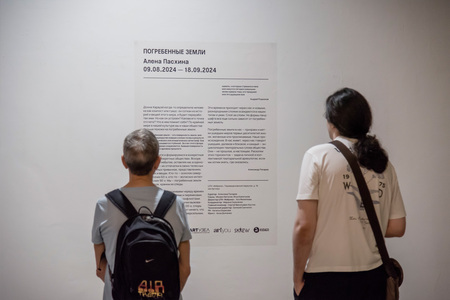
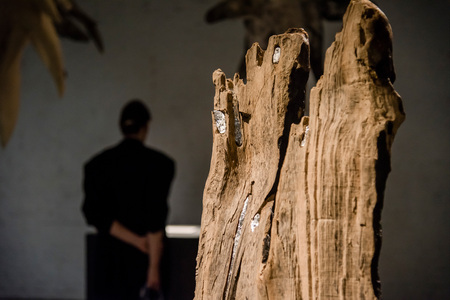
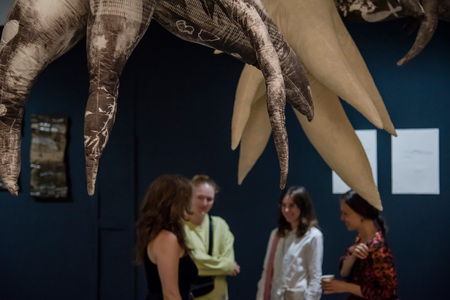
Photo: Tanjana Sushenkova and Daria Morozov
